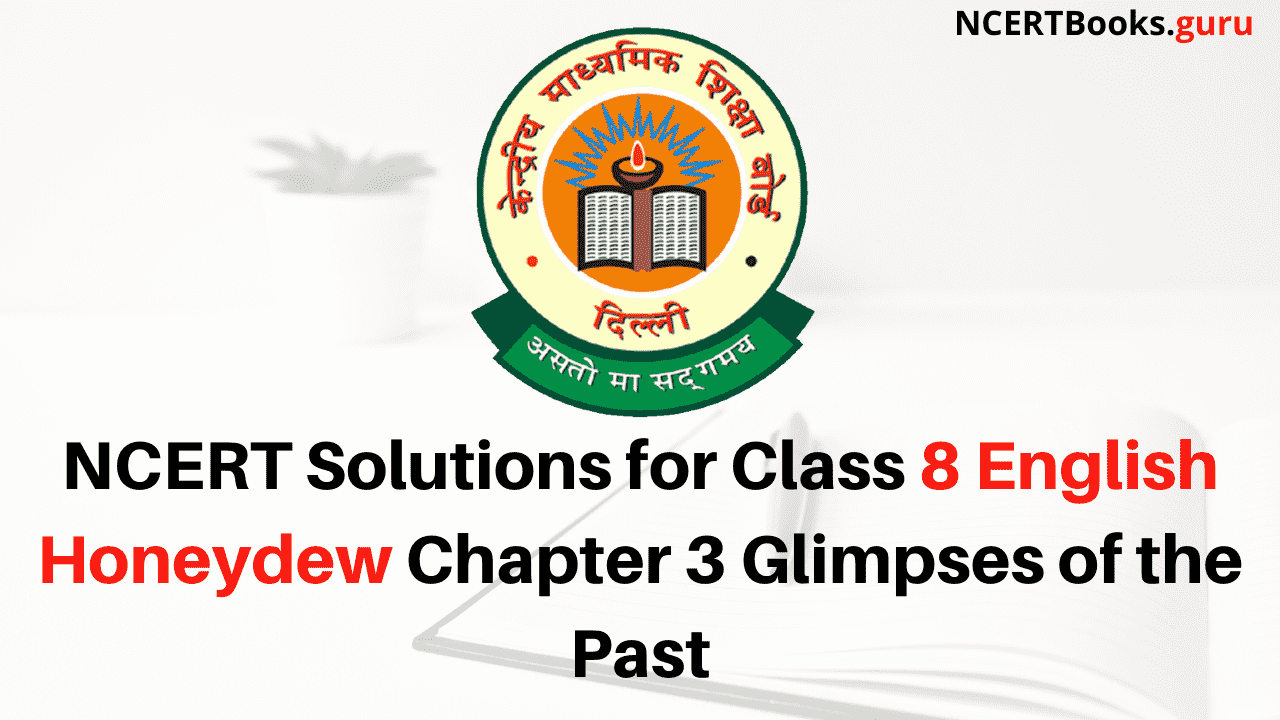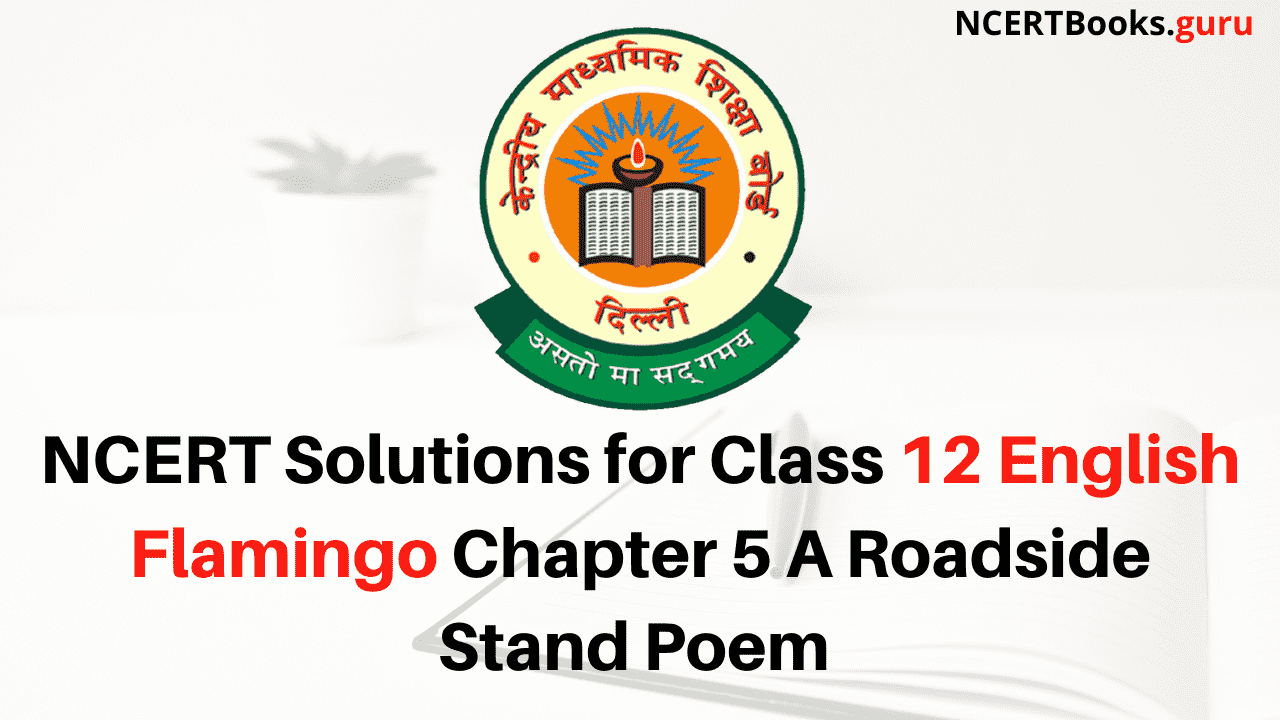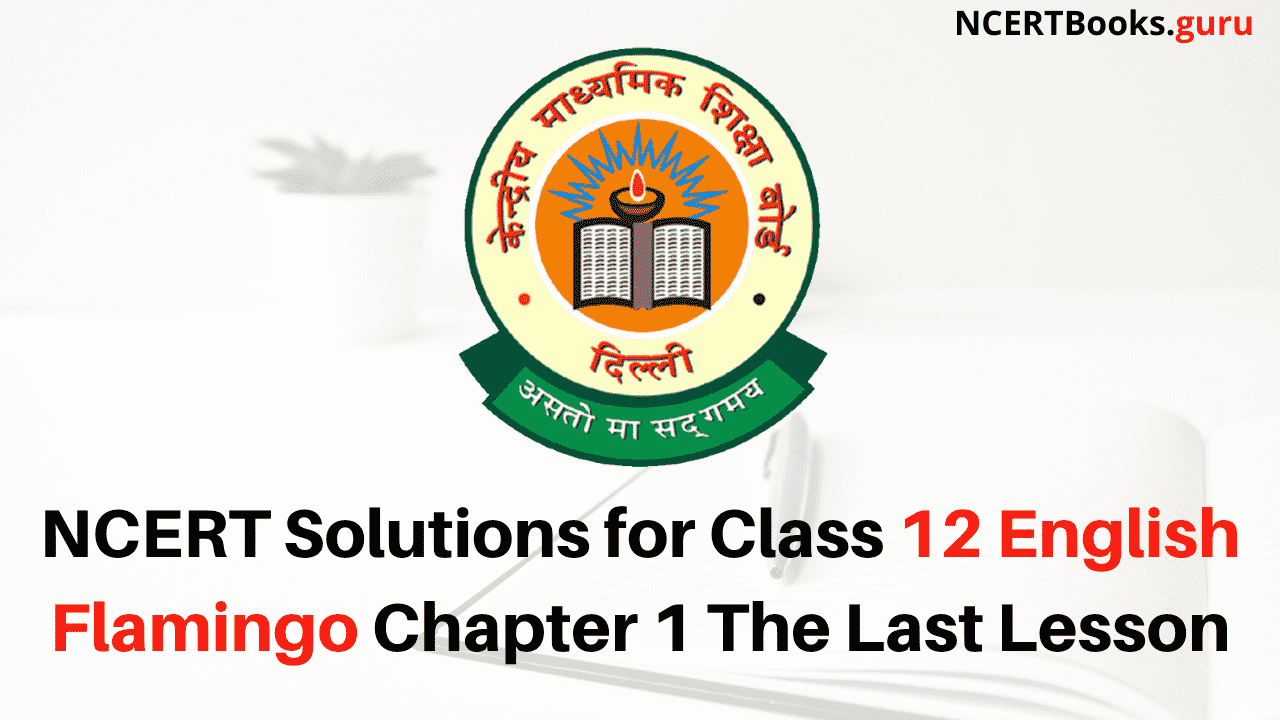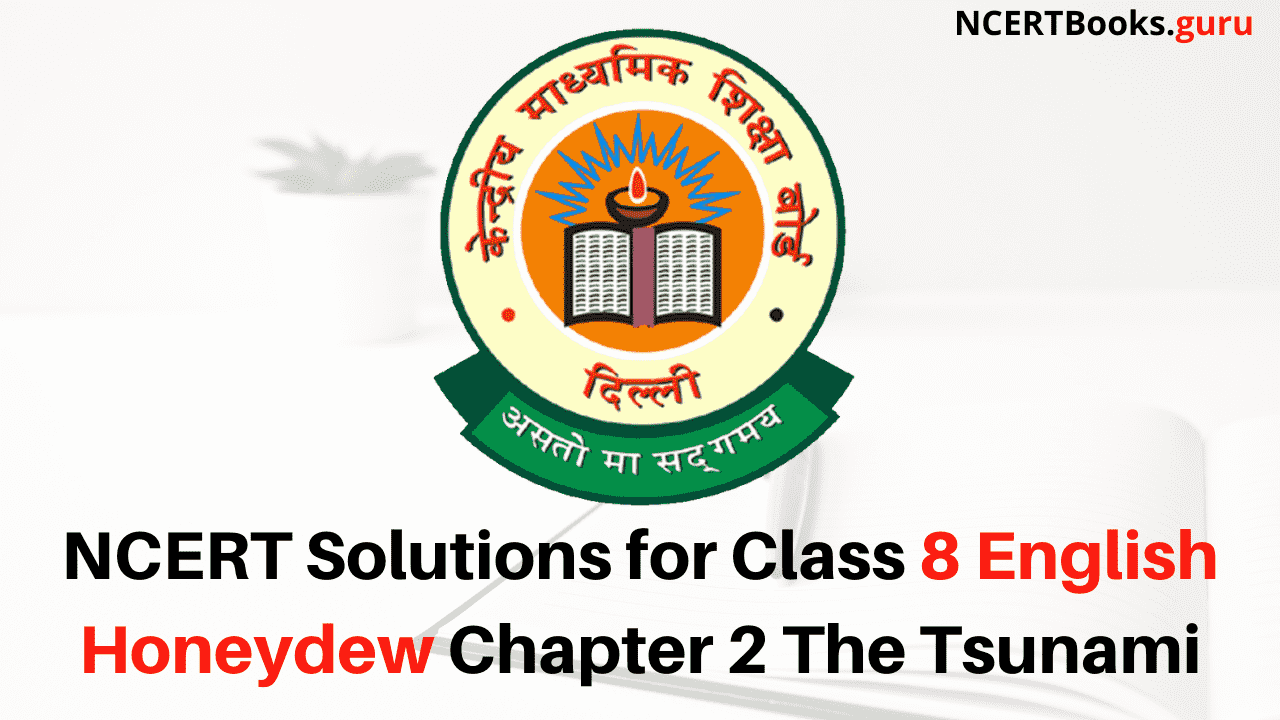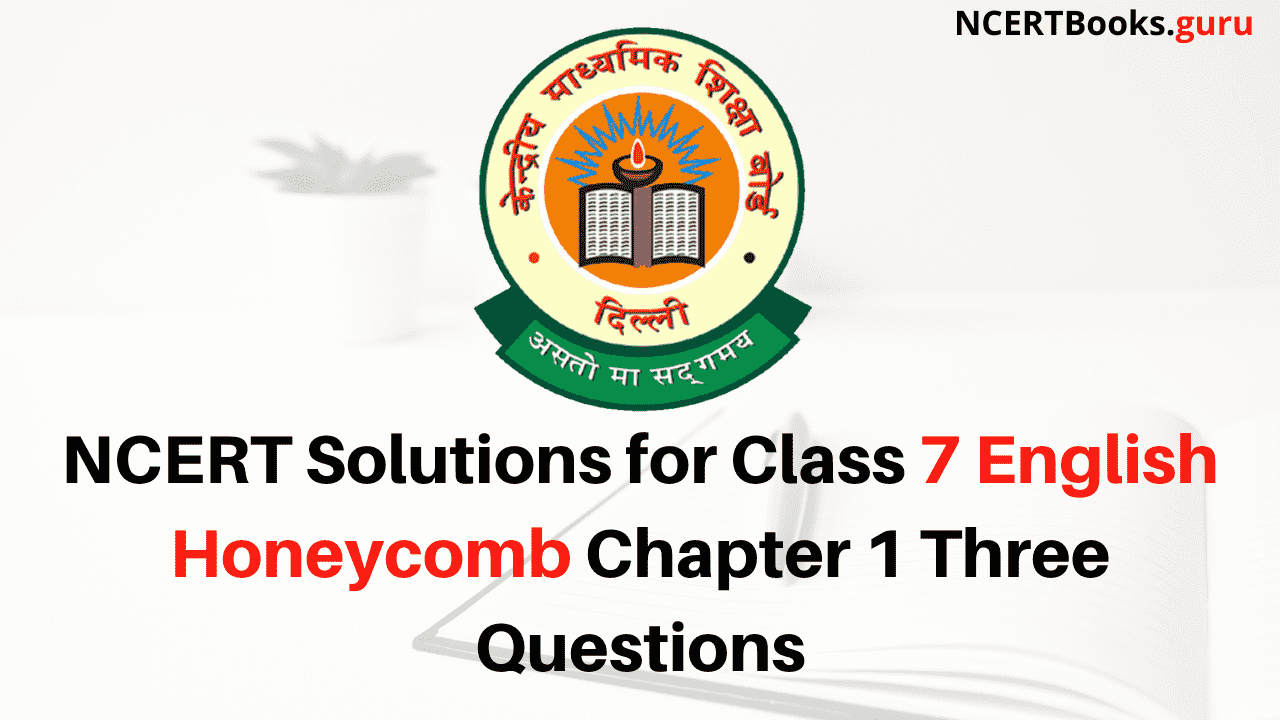NCERT Solutions for Class 8 English Honeydew Chapter 3 Glimpses of the Past are part of NCERT Solutions for Class 8 English. Here we have given NCERT Solutions for Class 8 English Honeydew Chapter 3 Glimpses of the Past.
NCERT Solutions for Class 8 English Honeydew Chapter 3 Glimpses of the Past
TEXTUAL EXERCISES
COMPREHENSION CHECK (Page 45)
1. Look at picture 1 and recall the opening lines of the original song in Hindi. Who is the singer ? Who else do you see in this picture ?
2. In picture 2 what do you understand by the Company’s “superior weapons” ?
3. Who is an artisan ? Why do you think the artisans suffered ? (picture 3)
4. Which picture, according to you, reveals the first sparks of the fire of revolt ?
Answers
1. The Hindi song’s opening lines are :

The singer is Lata Mangeshker. Others in the picture are Pt. Jawaharlal Nehru, Lai Bahadur Shastri and Smt. Indira Gandhi.
In the picture below there are national leaders who worked tirelessly for the Indepen-dence. They are : Rani Laxmi Bai, Sardar Bhagat Singh, Bahadur Shah Jafar, Pandit Jawaharlal Nehru, Mahatma Gandhi, Netaji Subhash Chandra Bose.
2. “Company’s superior weapons” refers to their more efficient guns.
3. An artisan is a person who is skilled in an applied art; a craftsperson. The expert artisans of India worked so well that there was no parallel to their creation. So British goods could not be sold in the country as long as they produced goods. To make them incapable of doing their work, the British cut their thumbs.
4. The first part of picture no. 7 reveals the first sparks of revolt. In it the santhals are seen revolting in 1855. They massacred Europeans and their supporters alike.
WORKING WITH THE TEXT (Page 45)
Answer the following questions.
Question. 1.
Do you think the Indian princes were short-sighted in their approach to the events of 1757 ?
Answer:
Indian princes were indeed short-sighted in their approach to the events of 1757. They fought against each other and sought the help of the British. They could not see that this will eventually make the British most powerful. This happened and they had to suffer for their short-sightedness.
Question. 2.
How did the East India Company subdue the Indian princes ?
Answer:
Indian princes fought one another. Very often they sought the help of East India Company to do so. As a result they became weak. The company subdued them all one by one.
Question. 3.
Quote the words used by Ram Mohan Roy to say that every religion teaches the same principles.
Answer:
The words of Raja Ram Mohan Roy were : “Cows are of different colours. But the colour of their milk is the same. Different teachers have different opinions but the essence of every religion is the same.”
Question. 4.
In what ways did the British officers exploit Indians ?
Answer:
The British passed a resolution. Under it an Indian could be jailed without trial in a court. British goods were imported into India tax-free. The English prospered on the company’s loot while Indian industries began to die. Even the Governor-General Bentinck reported, “The bones of cotton weavers are bleaching the plains of India.”
Question. 5.
Name these people.
(i) The ruler who fought pitched battles against the British and died fighting.
(ii) The person who wanted to reform the society.
(iii) The person who recommended the introduction of English education in India.
(iv) Two popular leaders who led the revolt (Choices may vary).
Answer:
(i) Tipu Sultan
(ii) Raja Ram Mohan Roy
(iii) Lord Macaulay
(iv) Nana Saheb Peshwa and Kunwar Singh
Question. 6.
Mention the following.
(i) Two examples of social practices prevailing then.
(ii) Two oppressive policies of the British.
(iii) Two ways in which common people suffered.
(iv) Four reasons for the discontent that led to the 1857 War of Independence.
Answer:
(i) Untouchability and child marriage.
(ii) (a) The British passed a resolution under which an Indian could be jailed with-out trial in a court.
(b) The British supported the British industry. To do so they made imports to India tax-free. Consequently Indian industry began to die.
(iii) (a) The British did not care about the needs of Indians.
(b) The farmers were heavily taxed and the thumbs of the artisans were cut.
(iv) (a) Santhals had lost their lands. They became desperate. They revolted and killed the British and their supporters alike.
(b) The white soldiers got huge pay. The Indian soldier was lowly paid. This created discontentment among the soldiers.
(c) Hazrat Mahal of Lucknow was bitter. She had lost her kingdom.
(d) Many landlords were sore. They had lost their lands because of the Britishers’ policies.
WORKING WITH LANGUAGE (Page 45)
In comics what the characters speak is put in bubbles. This is direct narration. When we report what the characters speak, we use the method of indirect narration.
Study these examples.
First farmer : Why are your men taking away the entire crop ?
Second farmer : Your men have taken away everything.
Officer : You are still in arrears. If you don’t pay tax next week. I’ll send you to jail.
- The first farmer asked the officer why his men were taking away the entire crop.
- The second farmer said that their men had taken away everything.
- The officer replied that they were still in arrears and warned them that if they did not pay tax the following week, he (the officer) would send them (the farmers) to jail.
Question 1.
Change the following sentences into indirect speech.
(i) First man : We must educate our brothers.
Second man : And try to improve their material conditions.
Third man : For that we must convey our grievances to the British Parliament.
The first man said that ___
The second man added that ___
The third man suggested that ___
Answer:
The first man said that they must (had to) educate their brothers.
The second man added that they had to try to improve their material conditions also.
The third man suggested that for the education and material conditions of the people they must (had to) convey their grievances to the British Parliament.
(ii) First soldier : The white soldier gets huge pay, mansions and servants.
Second soldier : We get a pittance and slow promotions.
Third soldier : Who are the British to abolish our customs ?
The first soldier said that ___
The second soldier remarked that ___
The third soldier asked ___
Answer:
The first soldier said that the white soldier got huge pay, mansions and servants.
The second soldier remarked that they got a pittance and slow promotions.
The third soldier asked who the Britishers were to abolish their customs.
SPEAKING AND WRITING (Page 46)
Question 1.
Playact the role of farmers who have grievances against the policies of the government. Rewrite their ‘speech bubbles’ in dialogue form first.
Answer:
Speech bubbles
First farmer : “The English are taking all my crops.”
Second farmer : “Even after taking all my crops they say I have arrears to pay. They threaten to send me to jail.”
First farmer : “Our cotton crop was sold at high price. Now the English force us to give it cheap to them.”
Second farmer : “Then the famines have broken our backs.”
First farmer : “Yes, there are no signs of rain this year too.”
Second farmer : “We grow food but we are dying of hunger.”
Question 2.
Look at the pictures.

(i) Ask one another questions about the pictures.
- Where is the fox ?
- What is the fox thinking ?
- What does she want to know ?
- What happens next ?
- Where is the fox now ?
- How did it happen ?
- Who is the visitor ?
- What’s the fox’s reply ?
- Where is the goat ?
- What is the goat thinking ?
(ii) Write the story in your own words. Give it a title.
____________________________________
____________________________________
Answers
(i)
- The fox is in the well.
- It was an accident.
- The fox is thinking of getting out.
- A goat is the visitor.
- She wants to know if the water is sweet.
- The fox replies that it is very sweet indeed.
- The goat jumps into the well.
- Now the goat is in the well.
- The fox is out of the well now.
- The goat is thinking of her mother’s advice.
She had advised her to be careful while taking the advice of strangers.
(ii) The Fox and the Goat
There was a fox in a forest. Accidentally the fox fell into a well. It did not know how to get out. After some time, there came a goat. The goat peeped into the well. She saw the water and the fox. She asked the fox if the water was sweet. The fox replied that it was very sweet. He added that he had drunk too much. The goat expressed a desire to taste it. The fox asked it to jump into the well. The goat did so. All at once the fox jumped on the goat’s back. From there it jumped out of the well. Then the fox said to the goat ‘Come out when you can ?’ The goat now understood that she had been fooled. She remembered her mother’s advice. The mother had told her to be careful while taking the advice of the strangers.
Read More: Subhash chandra bose paragraph
Question 3. Read the following news item.
History becomes fun at this school
Mumbai : Students in the sixth grade of a certain school in Navi Mumbai love their history lessons thanks to a novel teaching aid. It is not surprising given the fact that their study material includes comic books and they use their textbooks for reference to put things into perspective. Besides, students are encouraged to tap other sources of information as well. During History classes, students pore over comic strips of historical periods, enact characters of emperors and tyrants, and have animated discussions on the subject. History has become fun.
In the class students are asked to read the comic strip aloud, after which they break up into groups of four, discuss what they have heard and write a summary. Each group leader reads his group’s summary aloud and the whole class jumps into discussion and debate, adding points, disagreeing and qualifying points of view. A sixth grade student says, ‘It’s a lot of fun because everyone gets a chance to express themselves and the summary takes everyone’s ideas into account.’
According to the school principal the comic strip format and visuals appeal to students. A historian feels that using comics in schools is a great idea. Comics and acting help students understand what characters in the story are actually thinking.
(adapted from The Times of India, New Delhi, October 2007)
Based on this news item, write a paragraph on what you think about this new method of teaching History.
Answer:
There is no doubt that this new method of teaching history is novel and interesting. Moreover, the pictures stay in the mind longer than the words. So it will be very useful if the history is taught through comic strips. There is, however, one snag. At present the syllabus is so huge that it may not be possible to do so. Moreover, many students may spend long time in looking at the pictures. They will have fixed ideas about a historic personality. The pictures may give them the ideas which may not be completely true.
Question 4. Find the chapters in your History book that correspond to the episodes and events described in this comic. Note how the information contained in a few chapters of history has been condensed to a few pages with the help of pictures and the ‘speech bubbles’.
Answer:
Attempt yourself.
Question 5. Create a comic of your own using this story.
Once the Sun and the Wind began to quarrel, each one saying that he was stronger than the other. At last they decided to test each other’s strength. A man with a cloak around his shoulders was passing by. The Wind boasted, ‘Using my strength I can make that man take off the cloak.’ The Sun agreed. The Wind blew hard. The man felt so cold that he clasped his cloak round his body as tightly as possible.
Now it was the turn of the Sun which shone very hot indeed. The man felt so hot that he at once removed the cloak from his body. Seeing the man taking off the cloak, the Wind conceded defeat.
Answer:
Attempt yourself with the help of your art teacher.
We hope the NCERT Solutions for Class 8 English Honeydew Chapter 3 Glimpses of the Past help you. If you have any query regarding NCERT Solutions for Class 8 English Honeydew Chapter 3 Glimpses of the Past, drop a comment below and we will get back to you at the earliest.
NCERT Solutions for Class 8 English:
- The Best Christmas Present in the World Question Answer
- The Tsunami Question Answer
- Glimpses of the Past Question Answer
- Bepin Choudhury’s Lapse of Memory Question Answer
- The Summit Within Question Answer
- This is Jody’s Fawn Question Answer
- A Visit to Cambridge Question Answer
- A Short Monsoon Diary Question Answer
- The Great Stone Face I Question Answer
- The Great Stone Face II Question Answer
